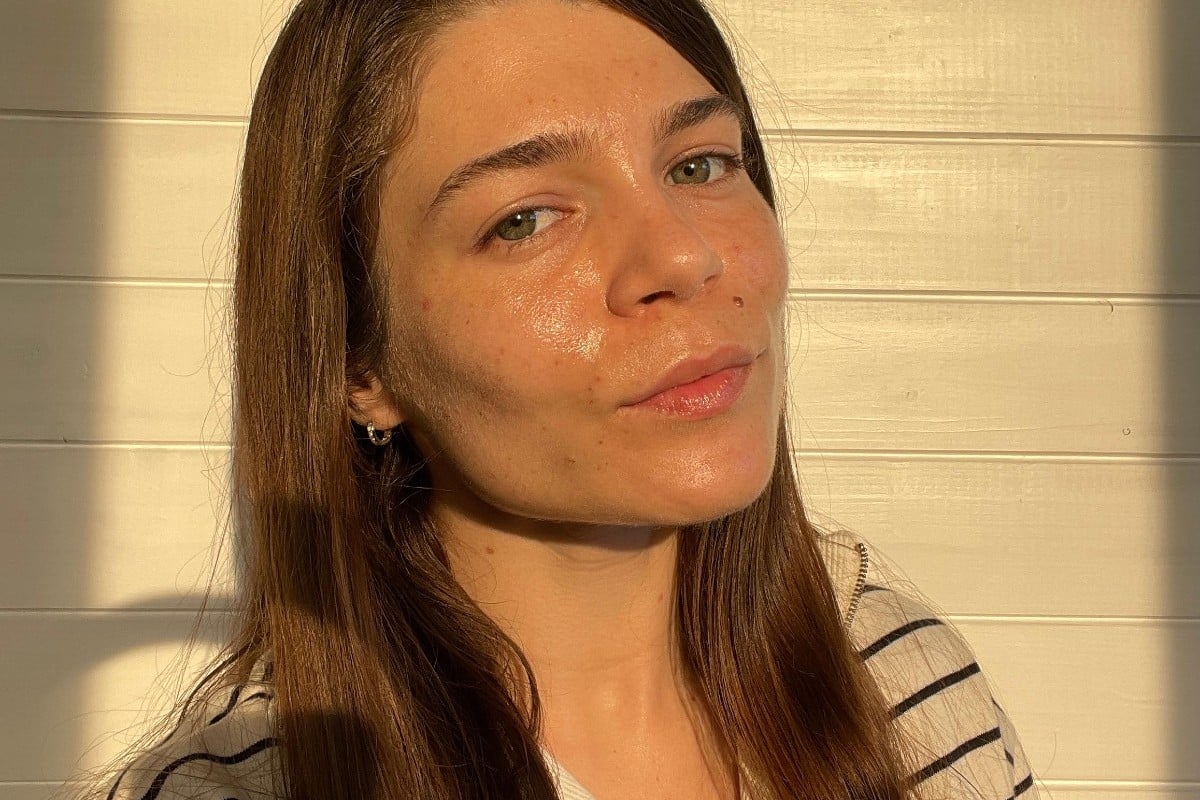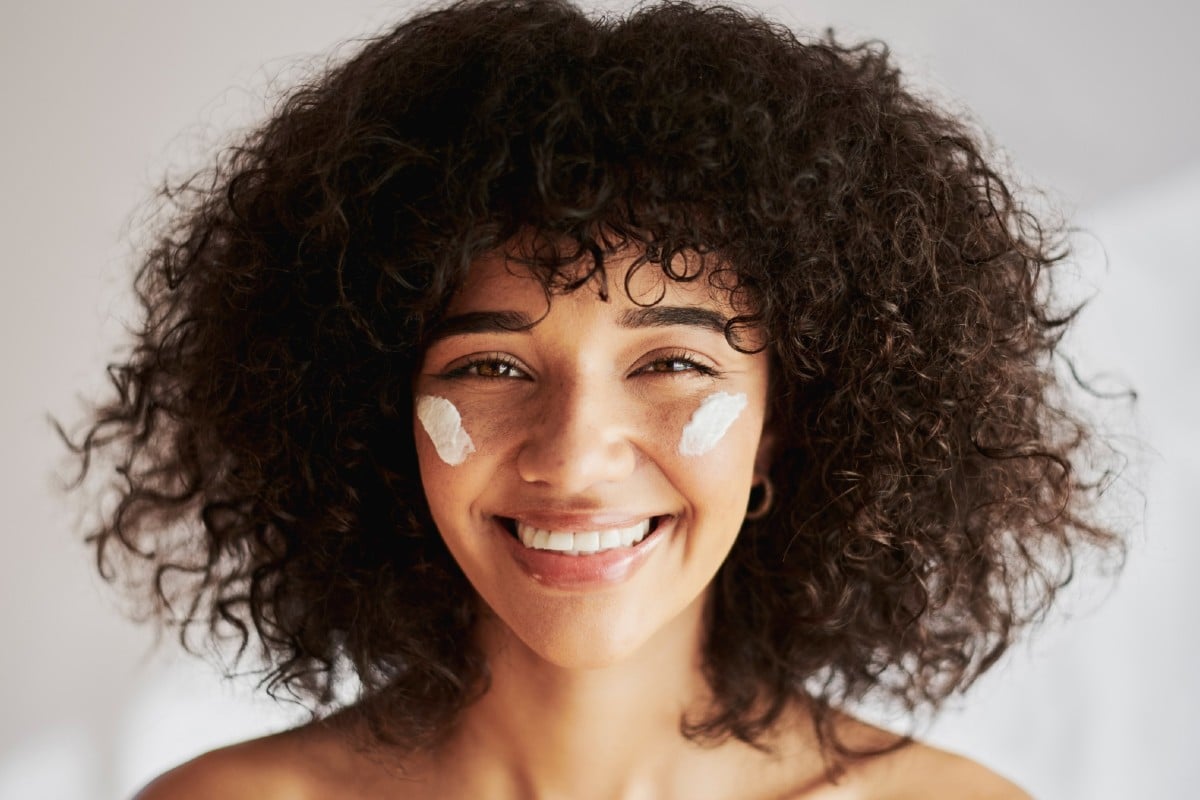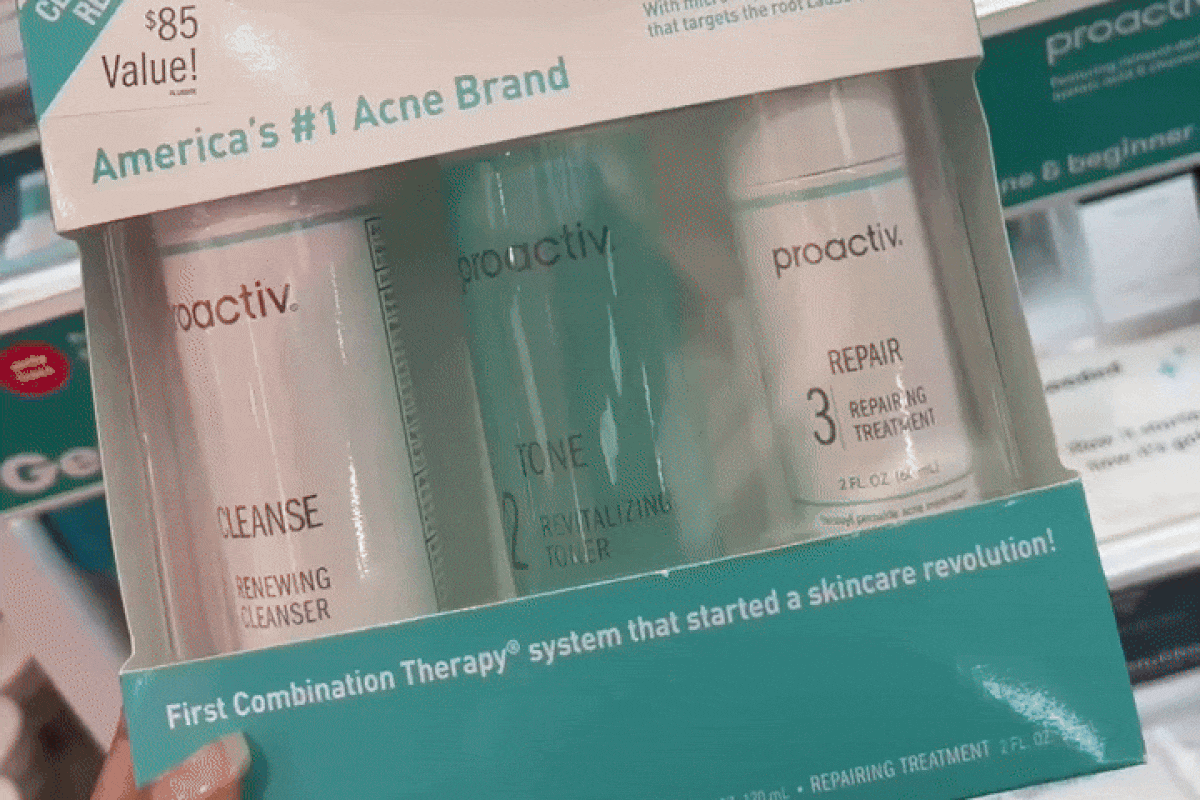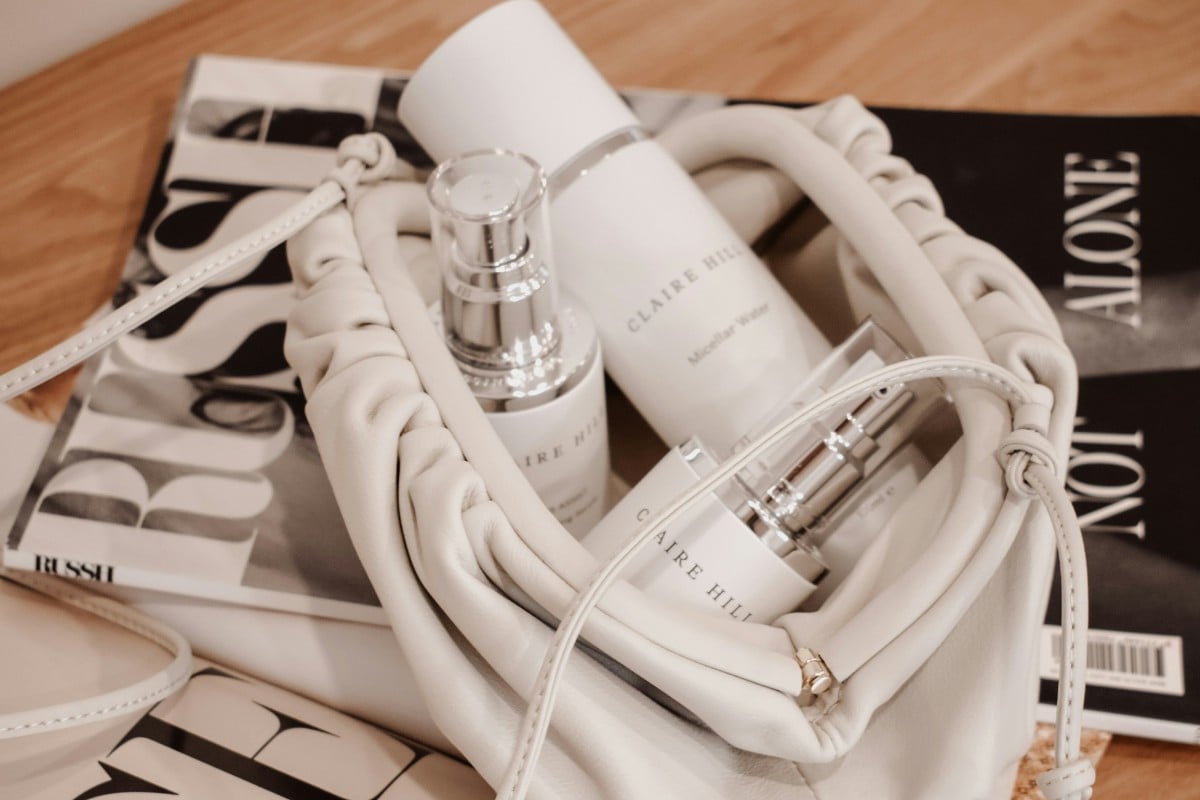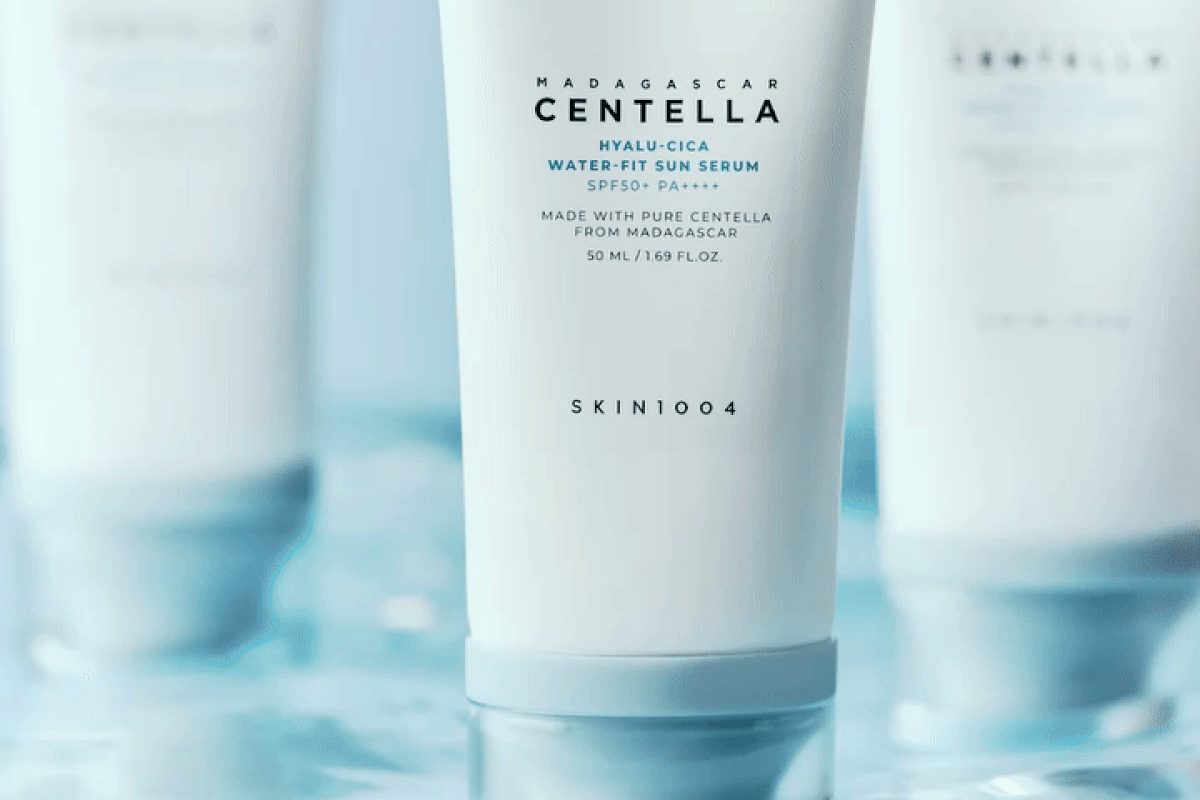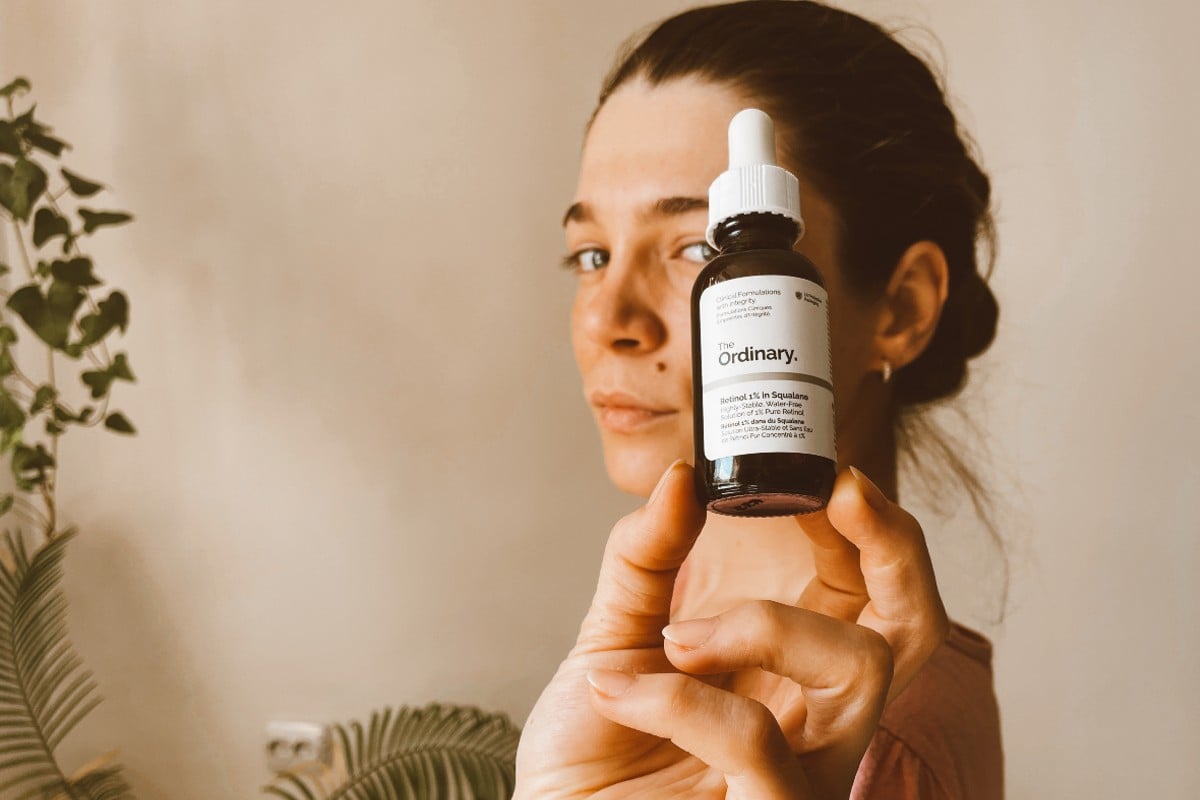While it holds true that summer usually brings happier and more manageable skin for most, for some, it’s quite the opposite. It might surprise you, but having dry skin during the summer months is actually common. Various factors contribute to this phenomenon. Let’s take a closer look at why your skin gets dehydrated in the summer and explore effective solutions to tackle it.
Factors that dry out your skin in summer
Aid conditioners
If you struggle with dry, itchy skin in the summer, the culprit could be right under your roof. Aid conditioners lower the humidity levels of your indoor air, which means your skin will lack moisture to hydrate itself.
It’s not rocket science, but it’s close. Air conditioners work by pulling warm air from your room, cooling it down, and then blowing it back in. Sounds perfect, right? Well, almost. The process also removes moisture from the air, leading to a drier environment. This is especially problematic for your skin, which relies on a certain level of humidity to stay hydrated.
Consider running a humidifier in the rooms where you spend the most time. This will add some much-needed moisture back into the air, helping your skin stay hydrated. Also, if possible, give your skin (and your energy bill) a break by turning off the A/C every so often. Open the windows, let in some fresh air, and give your skin a chance to breathe.
Sunburn
Have you ever wondered why your skin feels dehydrated after a sunburn? When your skin gets too much sun exposure, it triggers an inflammatory response. Your body rushes blood and fluids to the affected area in an attempt to repair the damage. However, in the process, your skin loses vital moisture and nutrients. The top layer of your skin can even start to peel, which is your body’s natural mechanism of getting rid of damaged cells. The result? Dry, flaky, and unhappy skin.
Don’t forget to apply sunscreen generously and frequently if you have to be out in the sun. And for goodness’ sake, reapply every two hours! To relieve sunburn, you can apply a generous layer of aloe vera gel to the affected areas. It will soothe your skin and kickstart the healing process.
Swimming
Yes, swimming can dry out your skin. Most pools are treated with chlorine to kill bacteria. However, chlorine is notorious for stripping the skin of moisture and leaving it parched and irritable. As for the ocean, the salt content can have a similar drying effect.
The solution? Apply a thin layer of oil-based moisturizer or body oil before going to swim. This creates a protective barrier on your skin, helping to lock in moisture and protect it from the drying effects of chlorine and salt. Moreover, after your swim, rinse off as soon as possible with fresh water to remove the chlorine and salt. Once you’re out of the water, slather on a thick, hydrating moisturizer. Look for ingredients like shea butter, glycerin, or hyaluronic acid that can help restore lost moisture.
Sweating
Sweating is both good and bad for your skin. While sweat contains dermcidin, a natural antibacterial peptide that flushes out bacteria and toxins, it also has sodium. The sodium can have drying effects on the skin, which can be especially damaging for people with sensitive skin prone to eczema. As you sweat more in summer, this can leave you with parched skin. To remedy this, drink water to restore moisture from the inside out.
Heat
You might be thinking, “Hey, it’s hot outside, so shouldn’t my skin be all dewy and moisturized?” Oddly enough, the opposite can be true. The summer heat waves act as a moisture sponge, drying out your skin. Think of it like a natural “baking” process: the heat essentially cooks off the surface moisture, leaving your skin dry, tight, and sometimes even flaky.
To restore moisture during the summer heat, carry a hydrating facial mist with you and spritz your face, especially when you’re spending extended periods of time outdoors. Look for mists that contain ingredients like aloe vera, rose water, or chamomile for extra soothing benefits. Moreover, avoid over-exfoliating or using harsh skincare products that can disrupt your skin’s natural moisture barrier. Stick to gentle cleansers and use exfoliants sparingly. Finally, incorporate serums or moisturizers with antioxidants like vitamin C or E. They not only fight free radicals but can also improve your skin’s ability to hold onto moisture.
Self-tanners
Most self-tanners contain alcohol, which allows the product to dry quickly on your skin. Unfortunately, it can also dry out your skin in the process. DHA (dihydroxyacetone) is another active ingredient often used in self-tanners to darken the skin. While it’s great for giving you that tan, it can also leave your skin less supple over time.
Try to space out your self-tanning sessions to give your skin a break and time to recover its natural moisture. Also, consider using a gradual tanning lotion that builds up color over time. These often contain more moisturizing ingredients compared to instant self-tanners. And don’t forget to apply a lightweight, oil-free moisturizer to your skin before using the self-tanner. Focus on areas that are especially prone to dryness, like elbows, knees, and ankles.
How to deal with dry skin in summer
There are a couple of proven remedies to avoid dry skin in summer. Here’s a no-nonsense list of tried-and-true remedies to quench your skin’s thirst:
- If you’re running the AC 24/7, balance things out by running a humidifier to add some moisture back into the air. The humidifier works to maintain an ideal relative humidity amount between 40-60%.
- Drink plenty of water to restore moisture.
- Use a hydrating serum under your moisturizer and sunscreen.
- Try a milk bath. Just add a cup of milk to your bath. The lactic acid removes dead skin cells, and the fats moisturize your skin.
- Grind some oats, mix them with water, and apply as a mask or add it to your bath. Oats are great for soothing and hydrating the skin.
- Take cool showers. Hot water is a moisture thief. Stick to cool or lukewarm showers to retain your skin’s natural oils.
- Take advantage of vitamin C serums and apply one every morning. Vitamin C provides much-needed antioxidant protection against free radicals, which are more damaging during summer months. Plus, vitamin C is needed to rebuild the skin’s moisture barrier and keep cells hydrated.
- If nothing worked, consult a dermatologist. Dermatologists can offer prescription treatments that you won’t find over the counter.
Read next: 9 Summer Skincare Essentials


